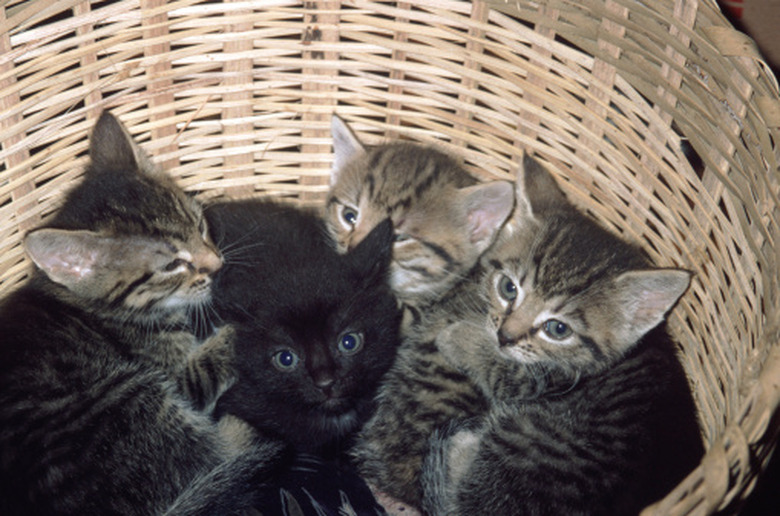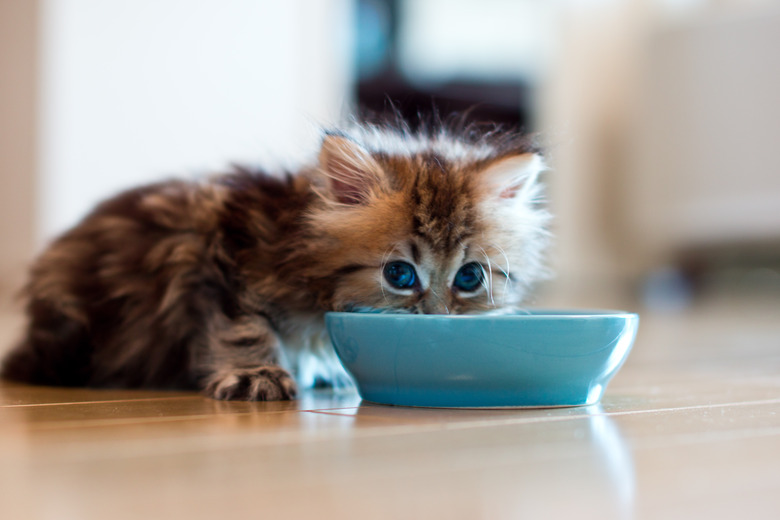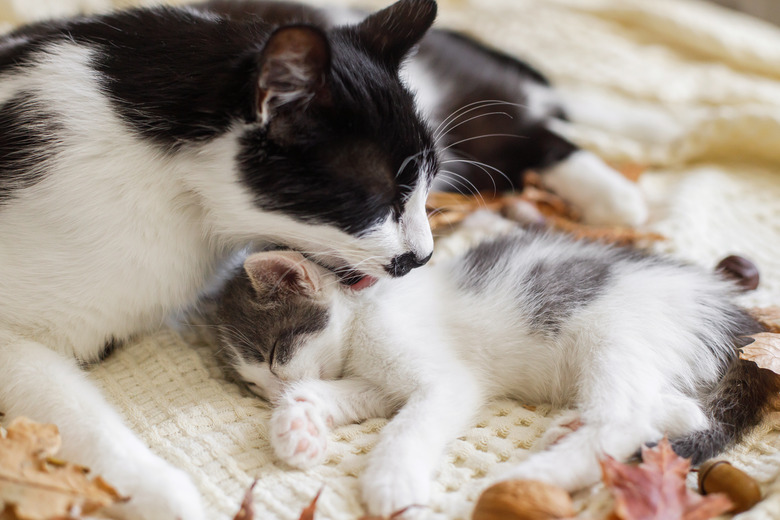How Long Do Cats Carry Their Babies?
A female cat can give birth to an average of three litters of kittens per year. Most cats will go through pregnancy and the birthing process without needing much intervention from humans, but it is still important for owners of pregnant cats to be aware of the average gestation time, how to care for a pregnant cat (also known as a queen), and possible complications that might occur and require veterinary attention.
How long do cats carry babies?
How long do cats carry babies?
Female cats carry their babies for 58 to 68 days, or approximately two months. When your female cat reaches puberty, usually between 6 and 8 months of age, she has the ability to become pregnant and bear a litter of kittens. If she becomes pregnant, she will carry the litter (cat gestation period) for about nine weeks before giving birth. You need to care for your pet during her pregnancy to ensure the safety of both the mother cat and kittens.
Signs of pregnancy in cats
Signs of pregnancy in cats
When a cat becomes pregnant, she will begin to show signs of pregnancy in both appearance and behavior. If your cat goes into heat every two weeks but suddenly stops and has swollen nipples that become red in color (sometimes called "pinking up"), this might indicate that she is expecting kittens.
During the fourth week of pregnancy, her abdomen expands with the developing kittens. The pregnant queen experiences a markedly increased appetite and weight gain. Your cat might also vomit during her pregnancy (a pregnancy sign that's similar to morning sickness in humans) or show overt signs of affection to both you and other animals in the home. You can actually feel the developing fetuses in your cat's abdomen about 26 to 35 days into the pregnancy.
Cat pregnancy feeding and nutrition
Cat pregnancy feeding and nutrition
Once pregnant, a cat will carry a litter of anywhere between two to 10 kittens, with the average litter size usually between three and five. Your veterinarian might use an abdominal palpation and X-rays to estimate the number of kittens when your cat is about 45 days pregnant. The entire gestation period lasts between 58 and 68 days, with the average being 63 days.
During gestation, feed mama cat a diet rich in vitamins, calories, and nutrients formulated for pregnant and nursing cats or feed your cat kitten food, especially during the final half of the pregnancy. In the last two to three weeks of gestation, give your cat about twice as much food as she usually gets. Ask your veterinarian about giving your cat vitamin supplements during this period.
Prepare for your cat to give birth to kittens
Prepare for your cat to give birth to kittens
Around the 58th day of gestation, start checking your cat's body temperature with a rectal thermometer twice daily. Normal cat body temperature ranges between 100.5 and 102 degrees Fahrenheit. When the temperature drops about two degrees, labor will usually start within 24 hours. Your cat might also stop eating for 24 hours prior to the birth.
Prepare for the birth of the kittens by putting together a cardboard box lined with blankets or newspapers in which your cat can give birth and nest with the kittens. Place the nesting box in a quiet area of your home to which the cat has free access. Allow her to go to the box when ready and monitor her labor, which usually lasts about six hours. Do not disturb or move her during this time.
Possible medical complications for pregnant cats
Possible medical complications for pregnant cats
If your cat has bloody vaginal discharge during pregnancy, she might be naturally aborting the litter. Vaginal bleeding late in the pregnancy, such as around the eighth week, may indicate premature birth requiring a cesarean section, which requires immediate veterinary care. Contractions that last more than 60 minutes mean the cat needs veterinary help to deliver the kittens.
After birth, if your cat retains the placenta (the membrane that surrounds the kittens during gestation), she can develop an infection. Cats younger than 1 year or older than 8 years should not be allowed to breed since they experience more health complications during pregnancy than other cats. If your cat experiences seizures during pregnancy, she may suffer from eclampsia and require a veterinary abortion.
The bottom line
The bottom line
Female cats are prolific breeders. Cats carry their babies for approximately nine weeks, and just one cat can give birth to an average of three litters of kittens per year. Pet owners who have yet to spay their female cats should be aware of signs of pregnancy, gestational time, and possible cat pregnancy complications as well as appropriate home care and care from your DVM for pregnant cats. Cat owners who do not wish for their pets to breed should discuss the cat health benefits of spaying and neutering with their veterinarian.


